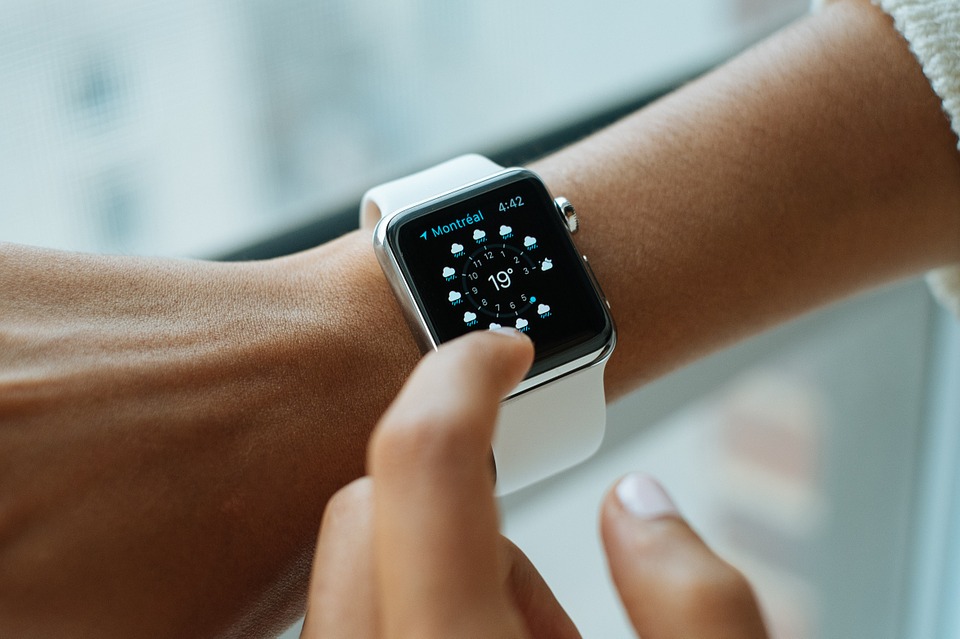Le Temps: Both Time and Weather? Posted by Elizabeth Schmermund on Oct 10, 2016 in Uncategorized, Vocabulary
In French, le temps can mean both “time” and “weather”–which can be a bit confusing for new French learners.
In French, le temps when referring specifically to time refers to time in the abstract. That means that you cannot ask the equivalent of “What time is it?” in French (Quel temps est-il, which is not correct). Rather, you would ask, in a literal translation, “What hour is it?” or “What’s the hour?” (Quelle heure est-il?).

However, you can ask something like: Quel est le temps de cuisson? (What is the cooking time?) or Tu as passé du bon temps à Montreal? (Did you have a good time in Montreal?)
When asking about the weather, you do use le temps, however. If you would like to ask about the weather, you would say: Quel temps fait-il? This literally means something like, “What is the weather doing?” To respond, you would say: Il fait beau (“It is nice out”). Although you could also say, Il fait mauvais (“It is nasty out”) or even Il pleut à verse (“It’s raining hard”).
Note, however, that if you would like to talk about the weather forecast, you do not use temps. “Weather forecast” in French, rather, is simply la météo.
For example:
If you would like to say, “Did you see the weather forecast? It’s going to rain all weekend. What a waste!”
you would say something like,
Tu as vu la météo? Il va pleuvoir pendant tout le weekend. Quel gachis!
Otherwise, when describing the weather make sure you don’t use c’est but instead either il fait (ll fait beau instead of c’est beau) or il + verbs including pleuvoir (rain), neiger (snow), geler (freeze), etc.
Can you describe the weather near you in French? Right now, in New York, I’d say: Il fait très beau aujourd’hui et il y a beaucoup de soleil. How about you?

Build vocabulary, practice pronunciation, and more with Transparent Language Online. Available anytime, anywhere, on any device.




Comments:
Terry:
Thanks from an older new learner.